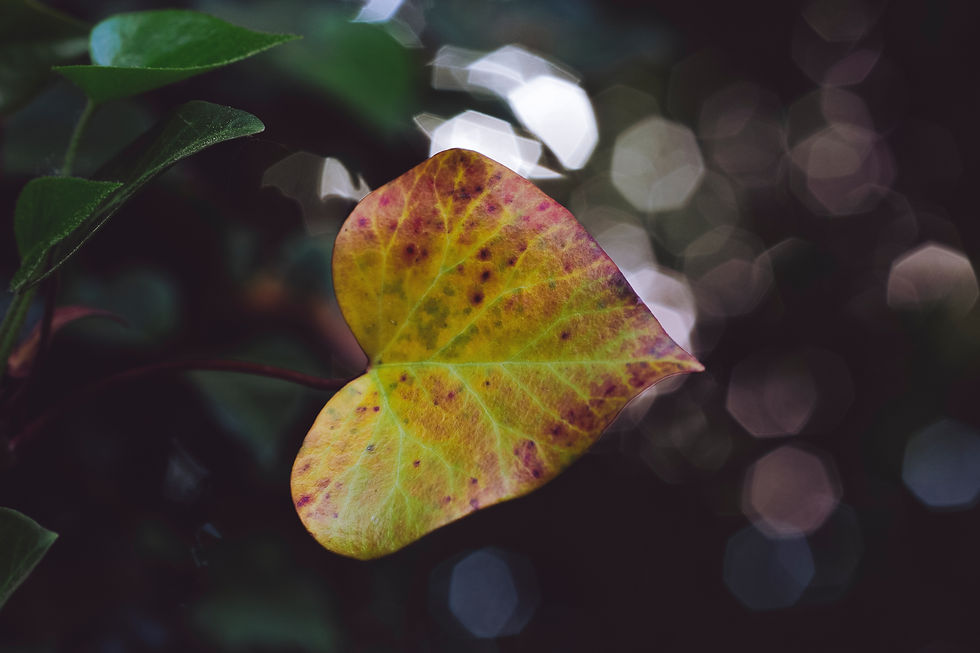
ECOLOGICAL
PLAXTIL upcycles non-recycled textiles

THE TEXTILE INDUSTRY, THE 2ND MOST POLLUTING INDUSTRY IN THE WORLD?
The textile industry is said to be the second most polluting industry in the world after that of petroleum. This observation was widely disseminated during the last G7 with telling examples. This sector emits more CO2 than air and maritime transport combined.
The textile industry uses almost exclusively (97%) virgin materials specially produced for it. Cotton cultivation alone accounts for 25% of pesticides and 10% of the fertilizers used worldwide.
During its manufacture, a T-shirt travels an average distance greater than that a journey around the Earth, and leave a carbon footprint 25 times heavier than its own weight! And just making a pair of jeans requires almost 10,000 liters of water ...

100 MILLIONS TONS OF WASTE
Textile waste is even more telling: at the end of its life 73% of used clothing ends up burned or in landfill.
Recycling is marginal, and less than 1% of the textiles used to make clothing is recycled into new clothing! In the end, each year, nearly 100 million tons of clothing are thrown around the world.
Until today, the textile industry operates in a very linear fashion:
I create> I produce> I distribute> I consume> I throw away.

RECYCLING
Recycling must be generalized and promoted.
It must be associated with the eco-design of products.
In France, only 30% of textiles are recycled, which is already much higher than the world average. Textile recycling solutions exist but are not sufficient and a large part of the textiles entering the recycling chain still end up burned or landfilled.
PLAXTIL has successfully transformed these old, non-recycled textiles into a composite material that can replace standard plastic. Thus, all used textiles can be upgraded to PLAXTIL.

PLAXTIL UP-CYCLES NON RECYCLED TEXTILES
PLAXTIL transforms non-recycled textiles into a composite material that can replace a 100% petroleum plastic. All used textiles can be upgraded to PLAXTIL.
All types of PLAXTIL are recyclable.
Thanks to PLAXTIL, textile waste that was burned or landfilled can now be recycled into infinitely recyclable material.

